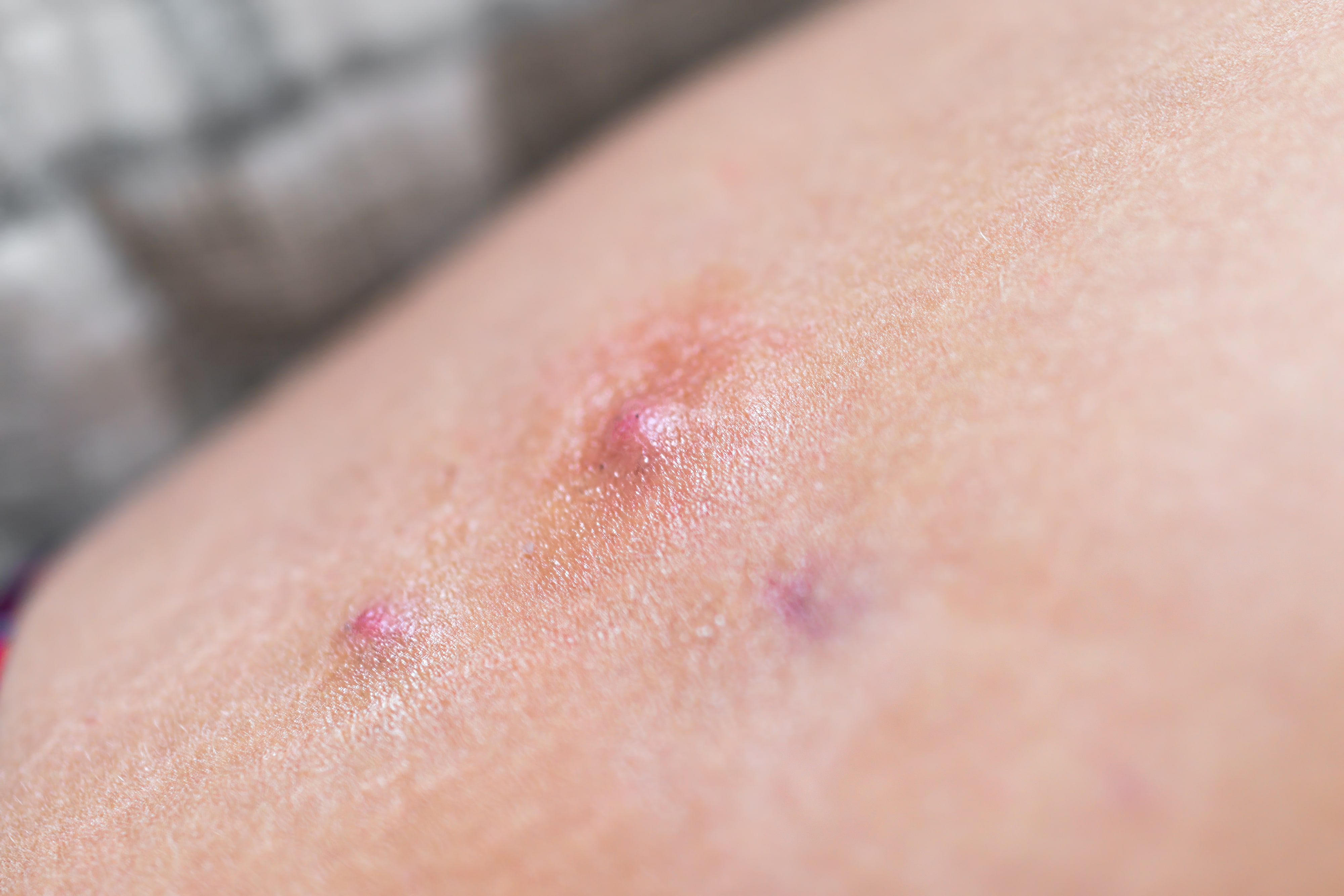Incyte’s Phase II Study for Opzelura Returns Promising Results in Adult Patients
The company’s twice-daily, branded ruxolitinib cream 1.5% presents a significant reduction in abscess and inflammatory nodule (AN) count for the treatment of Hurley stage 1 or 2 (mild-to-moderate) hidradenitis suppurativa.

Incyte has revealed new results from a conducted Phase II study that measured the safety and efficacy of its twice-daily, branded ruxolitinib cream 1.5% (Opzelura) in adult patients that are experiencing Hurley stage 1 or 2 (mild-to-moderate) hidradenitis suppurativa (HS). HS is a chronic inflammatory skin condition that can result in irreversible tissue damage and scarring.
The study enrolled 69 adult patients 18 years or older, with results indicating that the study met its primary endpoint, including what the biopharmaceutical company is calling a meaningful reduction in both abscess and inflammatory nodule (AN) count in patients that are treated with the aforementioned ruxolitinib cream 1.5%, compared to those who used the vehicle control (least squares mean change of -3.61 for ruxolitinib cream 1.5% vs. -2.42 for vehicle control; P<0.05) at Week 16.
Other secondary endpoints consisted of:
- More than three quarters (79.2%) of on-treatment patients were successful in reaching at least a 50% reduction in AN count (AN50), 54.2% achieved a 75% reduction (AN75), 20.8% reached a 90% reduction (AN90), and 20.8% reached complete clearance (100% reduction, AN100), exceeding the 56.3%, 25.0%, 12.5% and 12.5% reductions, respectively, that the vehicle control group experienced.
- Patients treated with ruxolitinib cream 1.5% showed a larger average reduction in the International Hidradenitis Suppurativa Severity Score System (IHS4) score when compared to baseline at Week 16 (-4.46) and compared to the vehicle control group (-2.66).
- The majority (79.2%) of patients in the ruxolitinib cream 1.5% group met the criteria for Hidradenitis Suppurativa Clinical Response (HiSCR), which signifies a 50% or greater 50.0% of patients in the vehicle control group.
“The results presented today reinforce the efficacy and safety profile of ruxolitinib cream, which shows great potential for people living with milder HS,” said Jim Lee, MD, PD, group VP, inflammation & autoimmunity, Incyte. “Despite its daily impact on the lives of patients, there are currently no approved therapies for mild-to-moderate HS and the current standard of care is often inadequate. Today’s data represent an important step in progressing research for HS with the goal of being able to provide patients with an effective option to better manage their condition.”
There is always a slight chance of treatment-emergent adverse events (TEAEs) taking place, but the study results indicated that the ruxolitinib cream 1.5% was “generally well-tolerated.” TEAEs occurred in 38.2% of patients who applied ruxolitinib cream 1.5%, compared to 42.9% of patients who applied the vehicle control.
“HS is a chronic, debilitating skin condition that unfortunately has no cure, so managing the signs and symptoms through an effective treatment is key to ensuring patients are able to live their lives with minimal impact from this disease,” noted Dr. Martina J. Porter, Beth Israel Deaconess Medical Center. “Better disease control can help manage the persistent symptoms of HS for these patients. There still remains a very large need for effective therapies for patients with HS, particularly for those with milder HS, and I’m encouraged by the results from this Phase II study of ruxolitinib cream for this patient population.”
Reference
Incyte Announces New Data From Phase 2 Study Evaluating Ruxolitinib Cream (Opzelura) In Patients With Mild-To-Moderate Hidradenitis Suppurativa. Incyte. News release. March, 10, 2024. Accessed March 11, 2024. https://investor.incyte.com/news-releases/news-release-details/incyte-announces-new-data-phase-2-study-evaluating-ruxolitinib